ATTR-CM: Where Are We Now and Where to Next?
Published: 07 March 2024
-
Views:
 2256
2256
-
Likes:
 7
7
-
Views:
 2256
2256
-
Likes:
 7
7
-
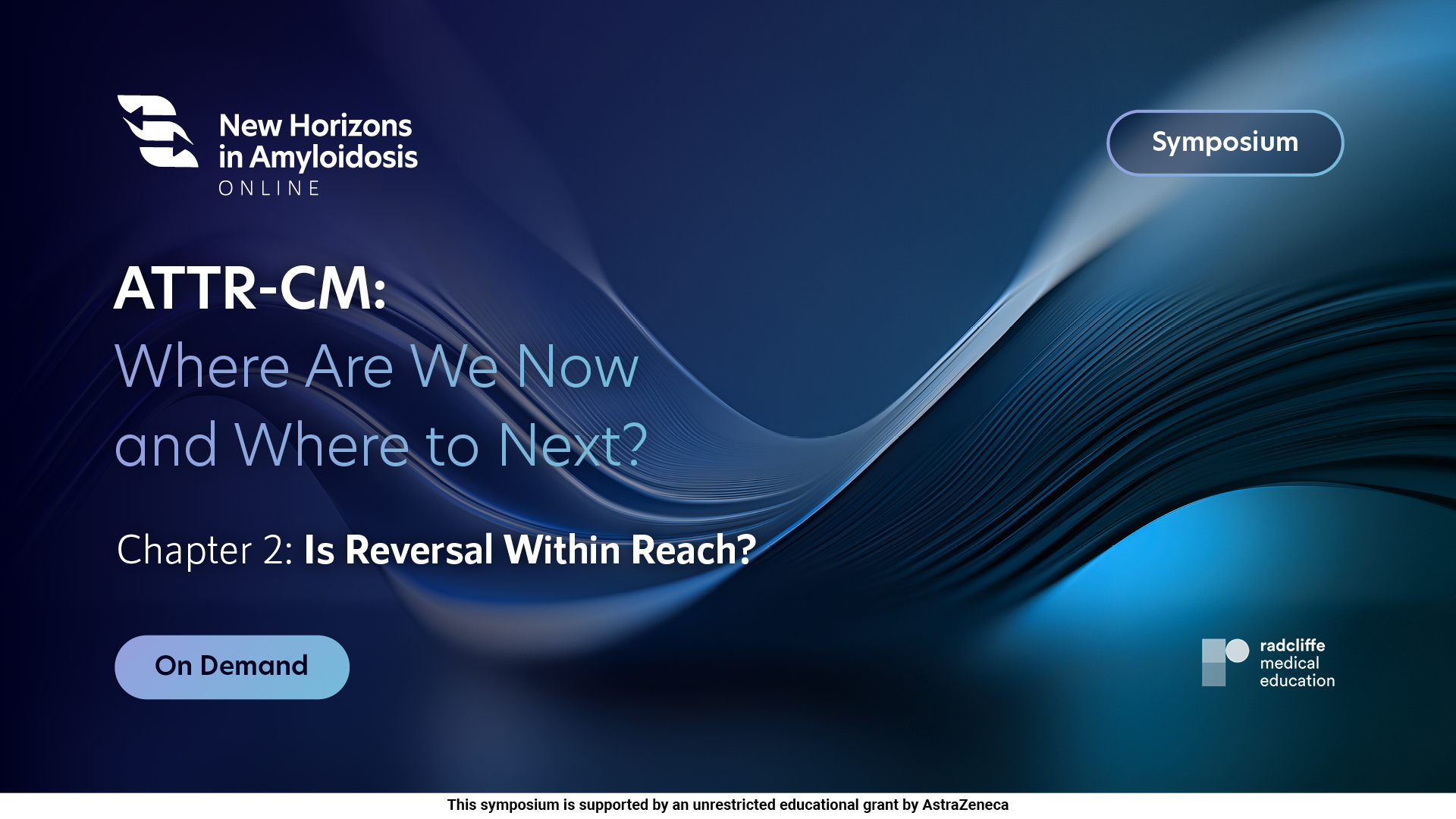 17m 43sPart 2 Is reversal within reach?
17m 43sPart 2 Is reversal within reach?
Overview
In this IME Symposium, Prof Finn Gustafsson (University of Copenhagen, Copenhagen DK), Prof Marianna Fontana (University College London, London, UK) and Dr Ahmad Masri (Oregon Health & Science University Medical Group, Portland, USA) provide an up-to-date overview of medical treatment for ATTR-CM.
In the first session we take a deep dive with Dr Masri into the clinical data supporting the use of stabiliser and silencer agents and look forward to some of the hotly anticipated trial data expected over the coming months.
In the second session, through a case series originally presented in the New England Journal of Medicine last year (N Engl J Med 2023; 388:2199-2201), we hear about the possibility of antibody-induced disease reversal from Prof Marianna Fontana. Prof Fontana gives her own account of this fascinating observation and discusses the implication for future antibody-based therapies and the prospect of depleter agents becoming a future treatment option in ATTR-CM.
Watch the full New Horizons in Amyloidosis programme by following the link, here.
Key Learning Objectives
- Recall what the current ATTR-CM therapy landscape is in terms of clinical efficacy
- Quantify the current need to reverse CM disease in terms of progressive disease and mortality rate
- Describe the process of antibody-mediated disease reversal
Target Audience
- Cardiologists (device implanters, heart failure)
- Imaging Specialists
- Electrophysiologists
- Primary care
- Haematologists
- Cardiac Nurse Practitioners
More from this programme
Part 1
Measuring Success in ATTR-CM: Now and in the Future
In this session, Ahmad Masri reviews the efficacy and limitations of current stabiliser agents like tafamidis, while also highlighting upcoming silencer agents such as patisiran and eplontersen and their potential benefits in polyneuropathy and cardiomyopathy, along with future directions in ATTR-CM treatment.
Part 2
Is reversal within reach?
This session showcases antibody-mediated spontaneous reversal in ATTR-CM. Marianna Fontana discusses the mechanism of action of antibody-associated reversal as a target, highlighting investigational therapies such as PRX004, NI006 and AT-02.
| 1 session | |
| Is reversal within reach? | Watch now |
Part 3
Audience questions and closing remarks
In this final session, the faculty address audience questions, providing a dynamic exchange of ideas and insights.
Faculty Biographies
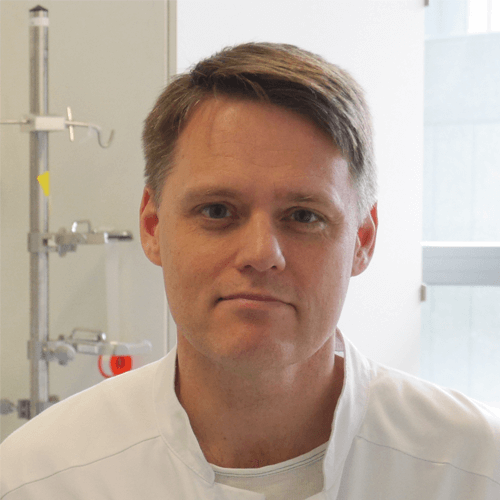
Finn Gustafsson
Professor of Cardiology
Finn Gustafsson, MD, PhD, DMSci, is a professor of cardiology at the University of Copenhagen and medical director of the advanced heart failure, transplantation and MCS program at Rigshospitalet in Copenhagen, Denmark. His clinical training in cardiology was conducted in Denmark and Canada. His research interests include several aspects of heart failure pathophysiology and management. He is an author of more than 300 peer reviewed articles in international scientific journals and several book chapters. Prof Gustafsson serves on the steering committee of several international clinical trials and registries within the field of advanced heart failure and HFpEF. He has served as an associate editor for several cardiology journals, including International Journal of Cardiology, Circulation: Heart Failure and European Journal of Heart Failure.
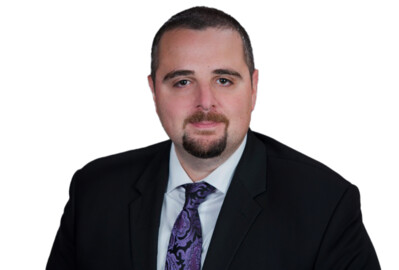
Ahmad Masri
Dr Ahmad Masri M.D., M.S. trained in Internal Medicine at the Cleveland Clinic.
He specialises in caring for patients with conditions that result in abnormally thickened hearts, such as hypertrophic cardiomyopathy, amyloidosis and Fabry’s disease.
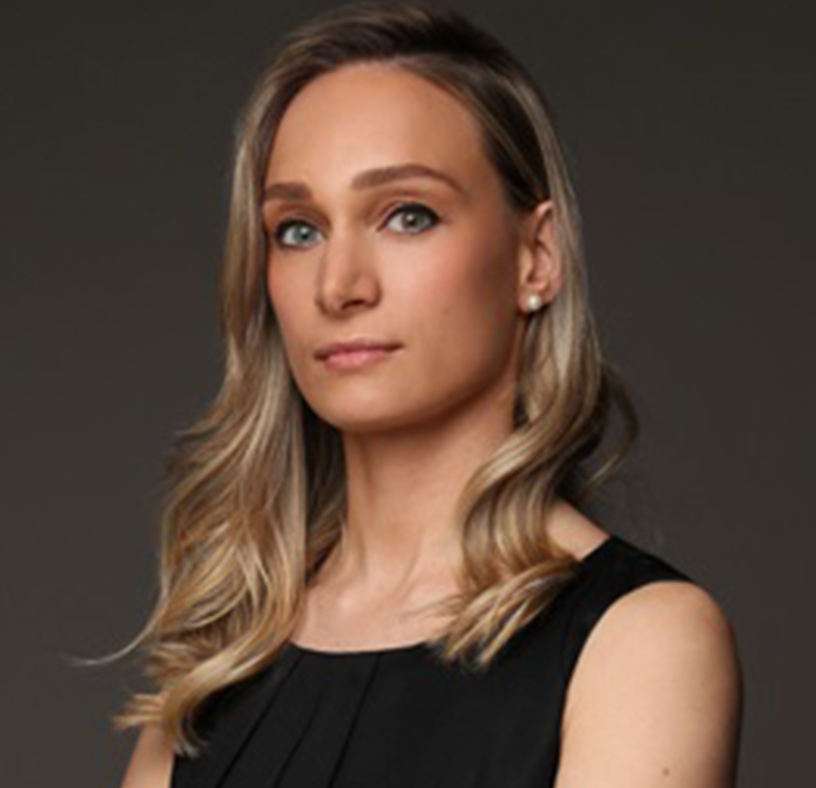
Marianna Fontana
Professor of Cardiology and Honorary Consultant Cardiologist
Prof Marianna Fontana is Professor of Cardiology and Honorary Consultant Cardiologist at the National Amyloidosis Centre, Division of Medicine, University College London, London, UK.
Her main clinical and research interests include the delivery of efficient and effective care for patients with amyloidosis, with a particular focus on new technologies.






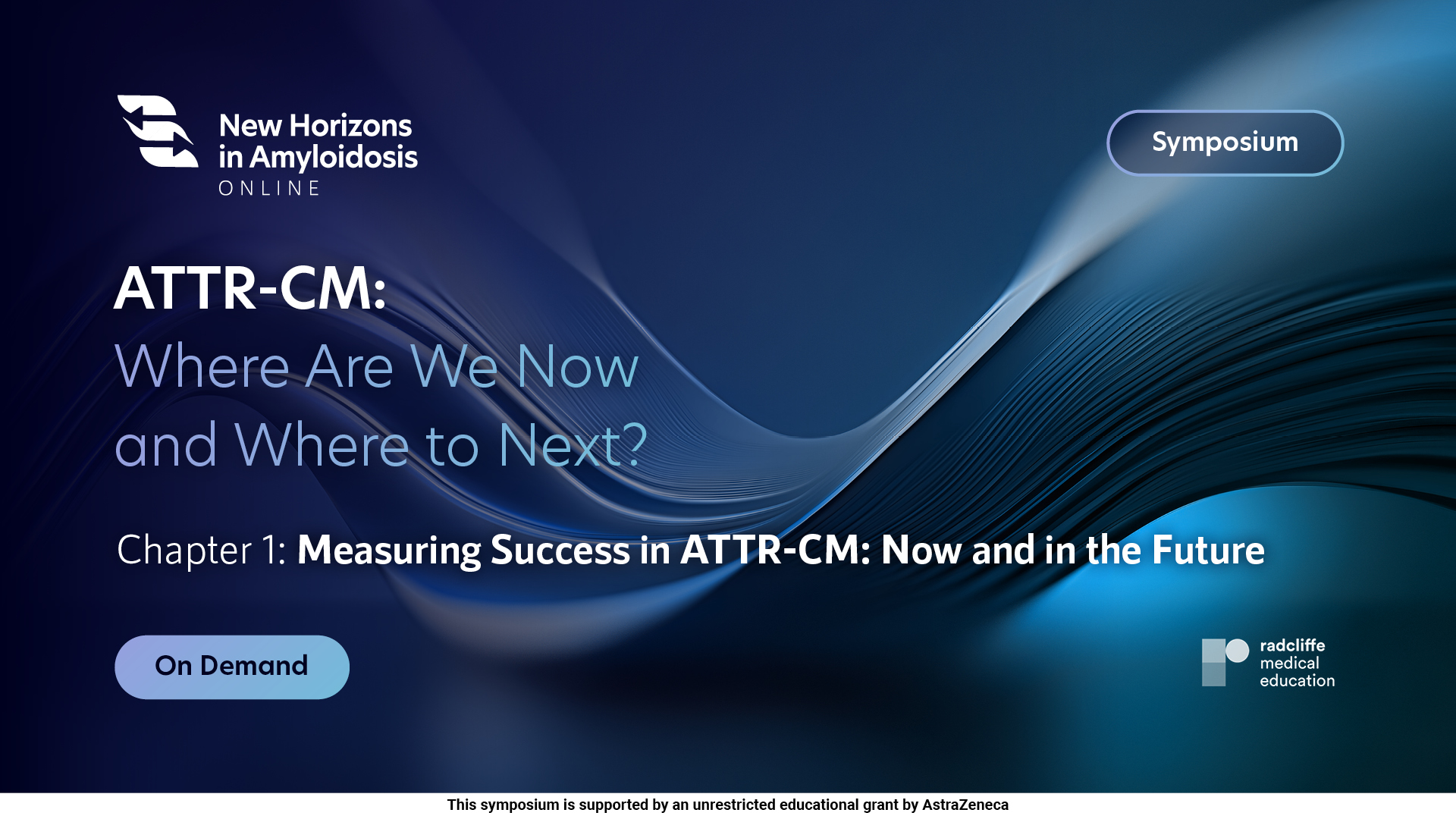
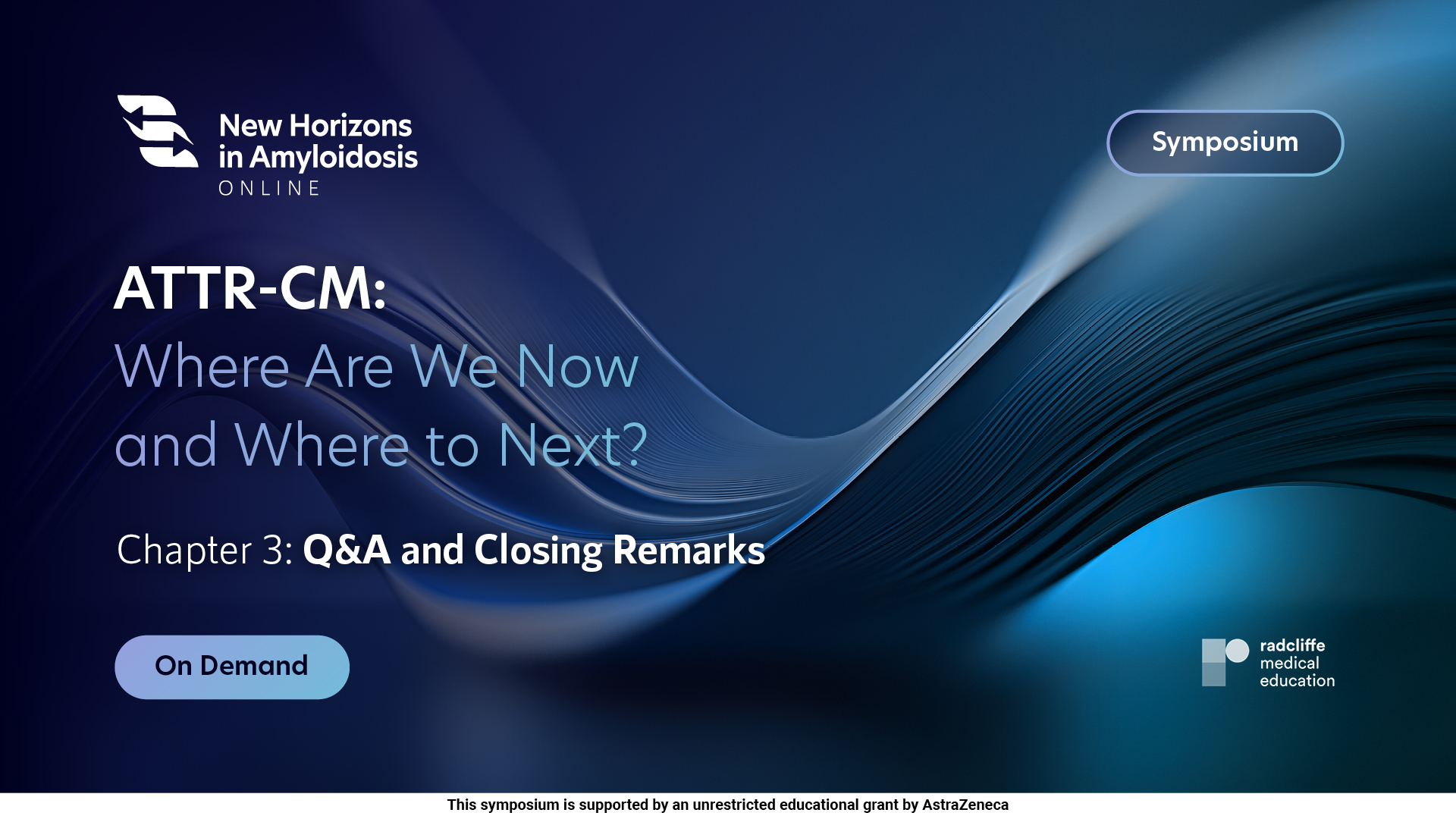
Comments